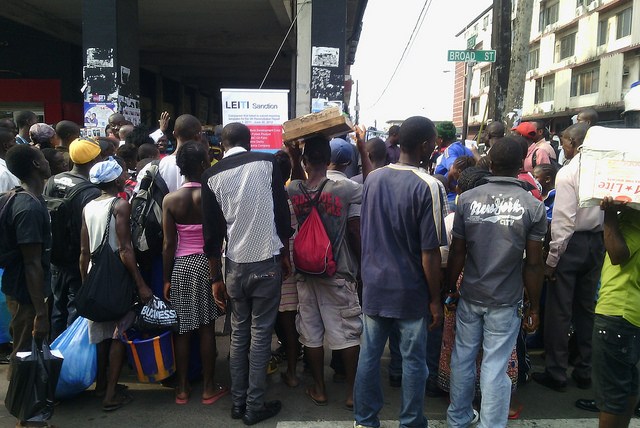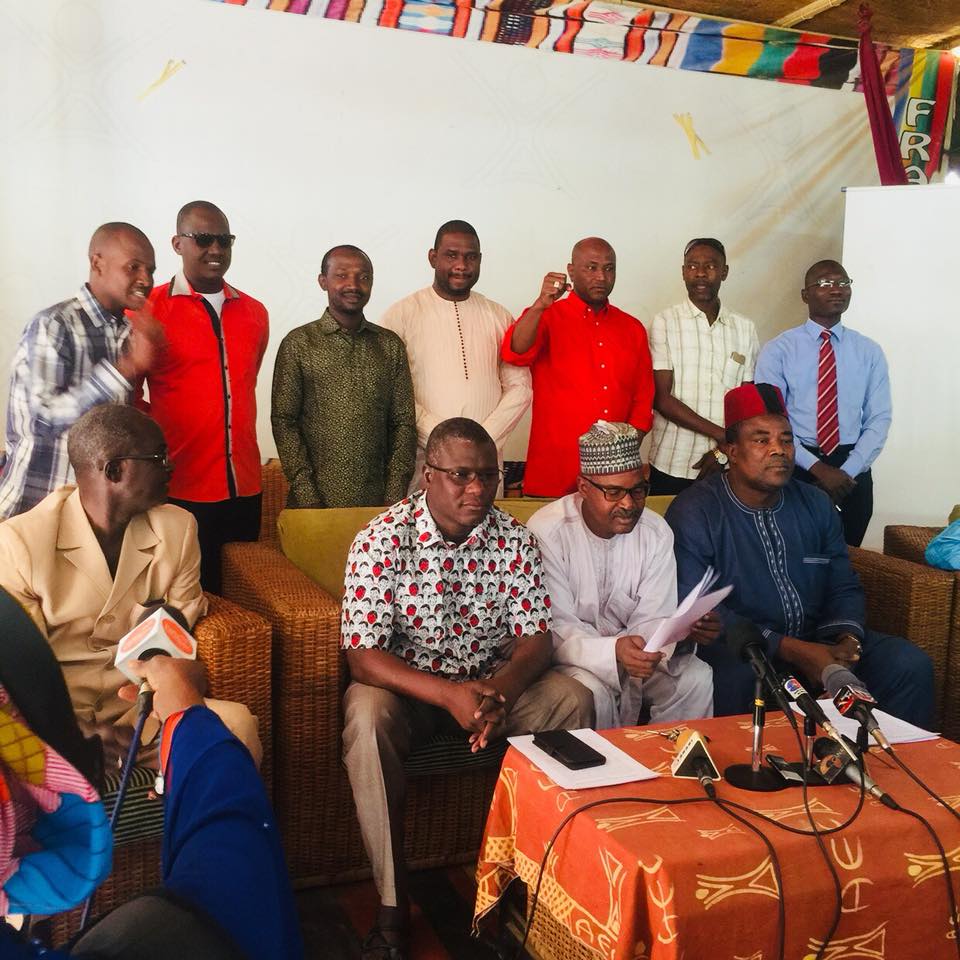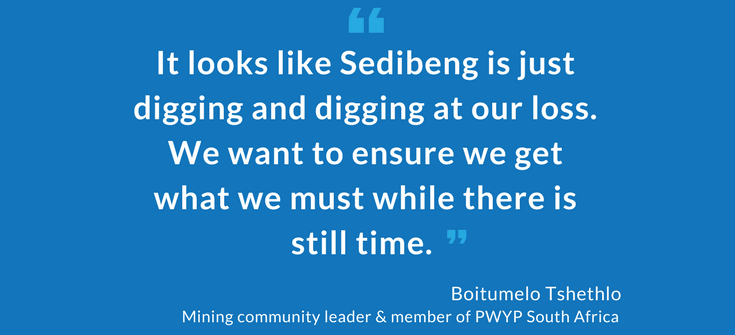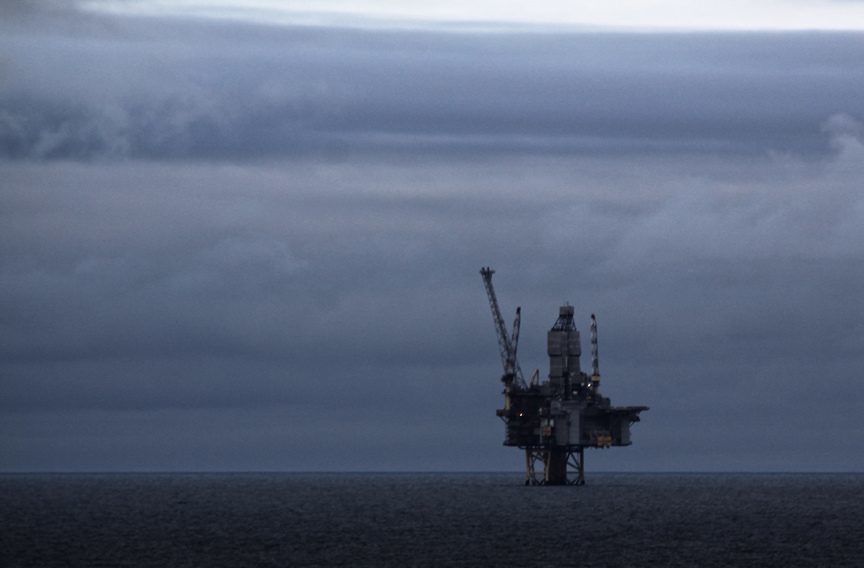News and resources
Explore our publications on a wide range of topics, to find the powerful facts, stories and approaches that underpin our work to make the extractive industry more open, accountable and participatory.
Active filters
Responsible Mining Index 2018 highlights leading practices, and shows what is still to be done by large-scale mining companies
This post was written by the Responsible Mining Index and can be found on their website here. The Index and the findings are highly relevant to PWYP members and their work. The Responsible Mining Index 2018, covering companies that produce 25% of all mined commodities globally, is launched in Geneva, Switzerland today. Among the key […]
Exploring PWYP’s future position on the extraction of oil, gas and natural minerals
The Future of Extraction El futuro de la extracción L’avenir de l’extraction Будущее добывающей مستقبل الاستخراج As part of the process to establish Publish What You Pay’s Global Strategy from 2020-25 we are are reflecting on key questions which are likely to have significant impact on the way oil, gas and natural minerals are exploited […]
Publish What You Pay Africa Steering Committee demands that the independence of transparency process in Liberia is respected
“We insist that the government respects the independence conferred to LEITI by the Liberian Law and refrains from overstepping its mandate by returning to the status quo ante in specific reference to the appointment of the Head of the EITI Secretariat” The Africa Steering Committee of Publish What You Pay (PWYP), the civil society coalition […]
Africa Steering Committee of Publish What You Pay strongly condemns arrest of members in Niger
The Africa Steering Committee (ASC) of Publish What You Pay (PWYP) strongly condemns the arrest of Ali Idrissa, coordinator of PWYP Niger, Board member of PWYP and coordinator of the Niamey-based civil society organisation ROTAB on 25 March 2018, along with his colleagues Moussa Tchangari, the General Secretary of the Nigerien NGO Alternative Espace Citoyens, […]
Prominent experts to advise on the independent review of civil society guidelines in the EITI
An Advisory Panel of independent experts has been set up to guide the Consensus Building Institute in reviewing the EITI civil society guidelines which determine how the civil society constituency is governed. Ahead of the next nominations for its 2019-2022 term, the EITI Board has requested all of its three constituencies to reassess their guidelines, […]
Restricted Access to Information Leaves Communities in South Africa Powerless Against Mining Companies
Born about 58 km from Kathu in the dusty town of Kuruman, Boitumelo Tshethlo has over the years grown a passion to fight for human rights in his community. ‘In 2011, I was working in Johannesburg and I closely followed the Marikana story until the fateful day that miners were murdered in broad daylight for […]
Have women been left behind in the transparency and accountability agenda?
“How can we effect change in the world when only half of it is invited or feels welcome to participate in the conversation?” These words, spoken by UN Women Goodwill Ambassador, Emma Watson, in 2014 capture the drive behind Publish What You Pay’s (PWYP) newly launched two-year Gender & Extractives pilot project, which is being […]
Publish What You Pay Eurasia Communique 26 – 28 September 2017
26 – 28 September 2017, twenty-five representatives of the Publish What You Pay (PWYP)coalitions in Eurasia met in Aktau, Kazakhstan to attend the 13th PWYP Eurasia Regional Meeting. The purpose of the meeting was: to receive a progress report from the PWYP Secretariat on the work undertaken since the previous Eurasia meeting in September 2016; […]
Putting extractives data to use: unpacking payments to governments’ reports
This post was originally posted by PWYP Canada on their website. In May/June of 2017 the first Extractive Sector Transparency Measures Act (ESTMA) reports were publicly filed in Canada, which for the first time gave the public access to data on project level royalty, tax, and other payments made by oil, gas, and mining companies […]
Tunisians secure transparency gains, but economic development comes slower
In the cradle of the Arab Spring, continued discontent gives a PWYP member a reason to keep fighting History books will say the Arab Spring began in 2011, but the residents of Tunisia’s impoverished Gafsa region know better. In 2008, their revolt against opaque mining sector practices and government indifference prompted a violent backlash from […]
Result of selection for alternate EITI CSO Board member
In August 2017, one of the five alternate civil society representatives on the International Board of the Extractive Industry Transparency Initiative (EITI), Wendy Tyrrell from the Australian chapter of Transparency International, stepped down. In line with the civil society guidelines, an independent Nominations Committee, established by the PWYP Global Council at the end of 2015 […]
The Consensus Building Institute to facilitate independent review of civil society constituency guidelines in the EITI
Civil society representatives on the international Board of the Extractive Industries Transparency Initiative (EITI), a multi-stakeholder initiative founded in 2002 to foster greater transparency in the extractive sector, are pleased to announce their collaboration with the Consensus Building Institute over the coming six months to undertake an independent review of the EITI civil society constituency […]















